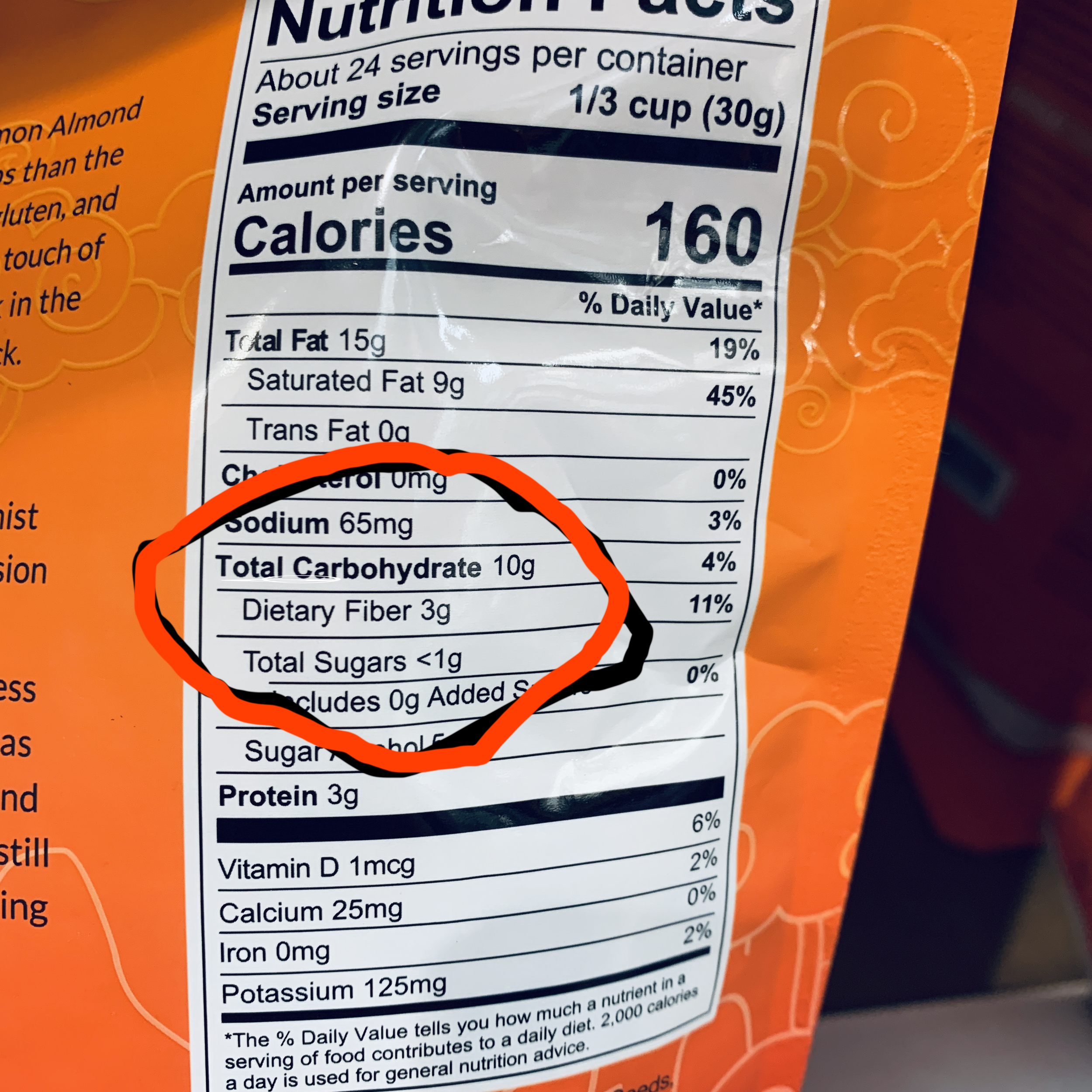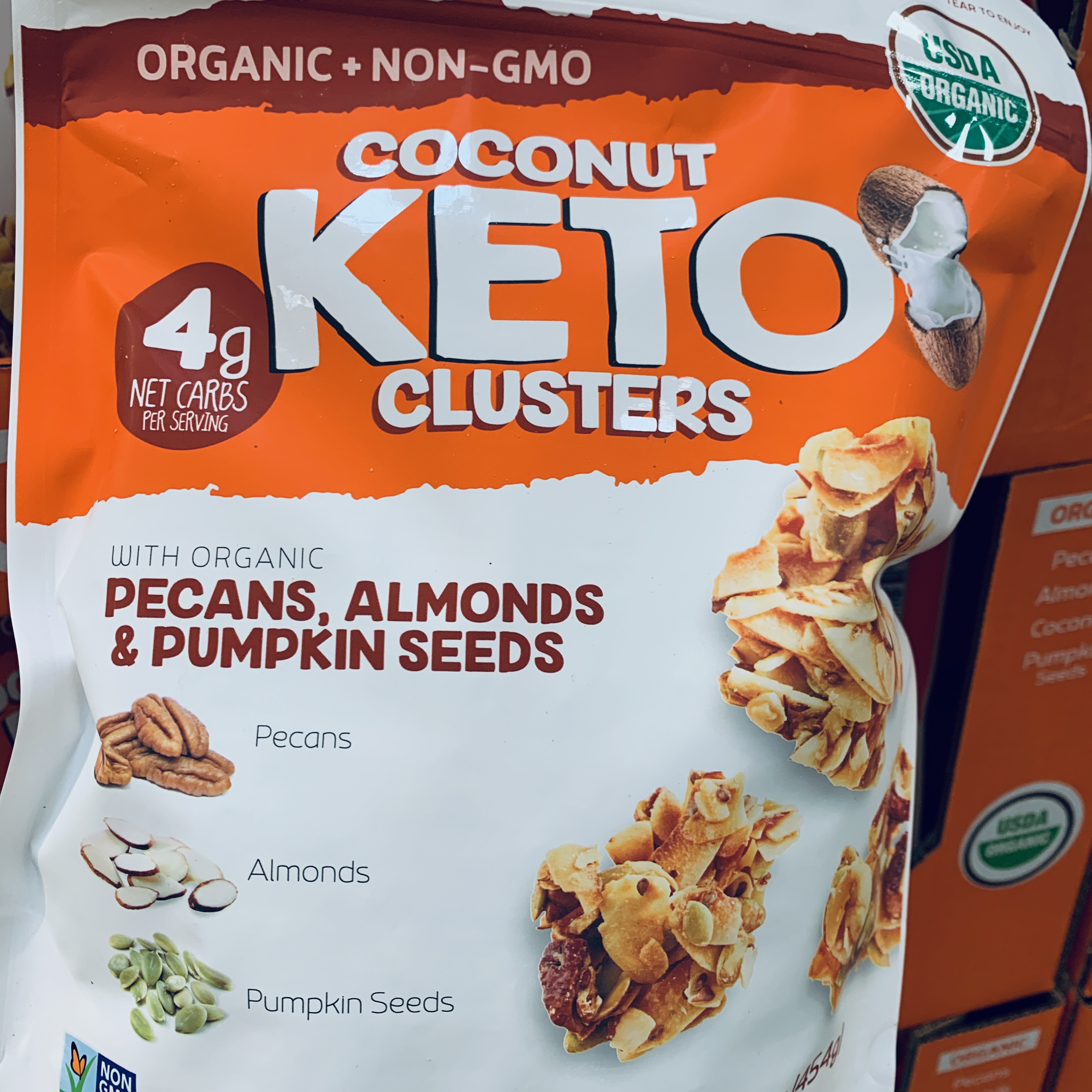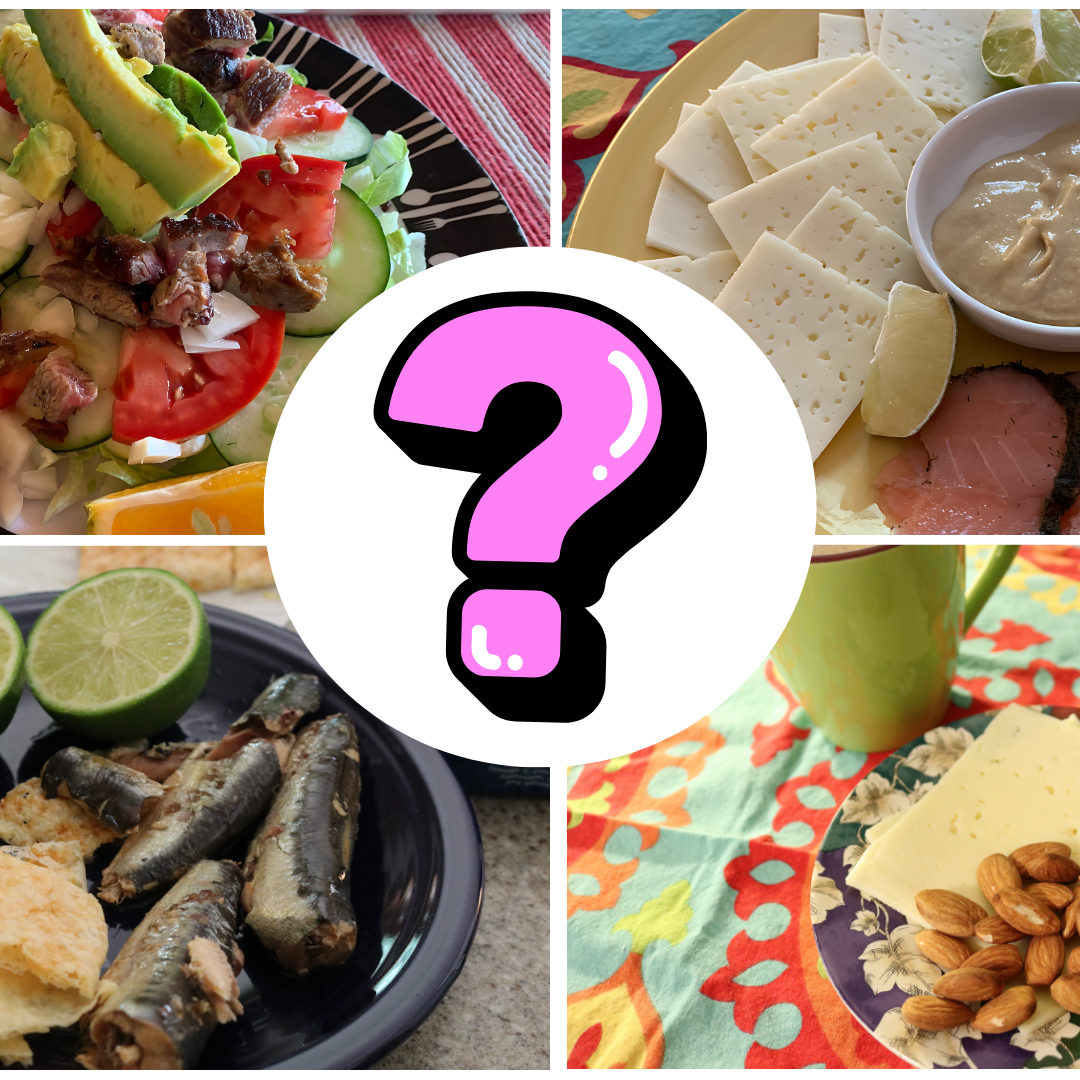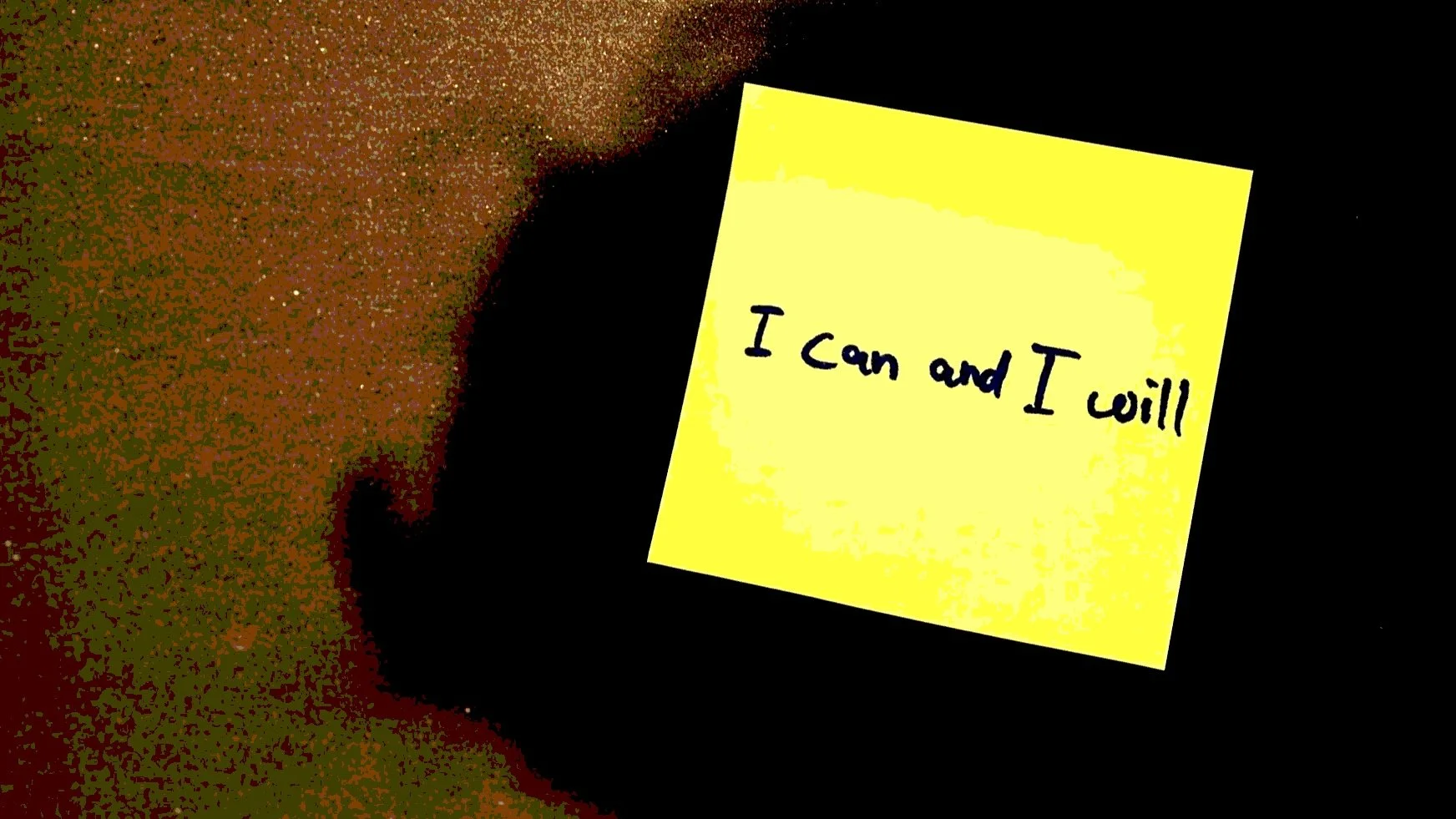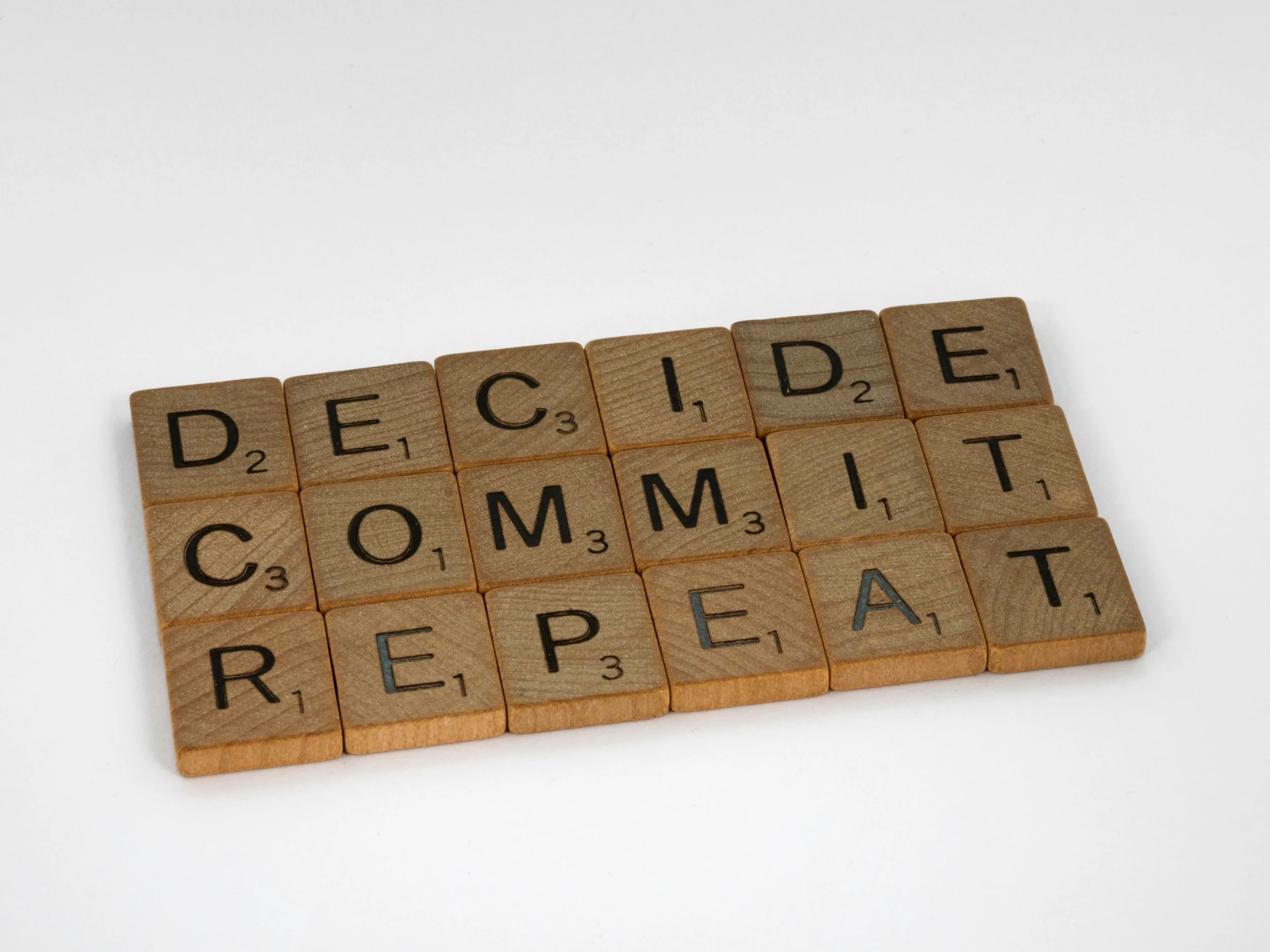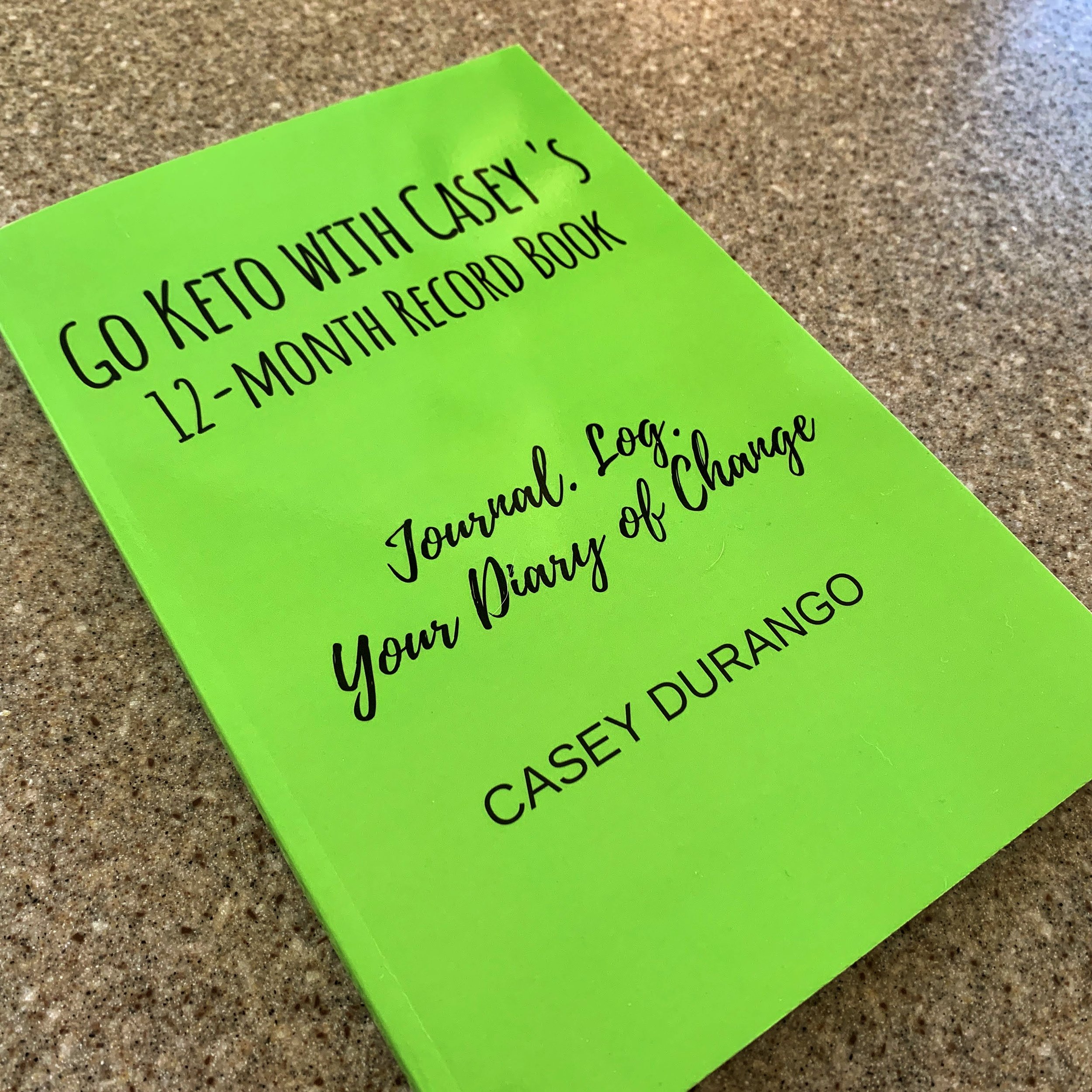When Food Labels Lie
/ Casey DurangoIn our attempts to wrangle our health and happiness to a place of confidence and success, wrest control of our lives, and make better choices, we rely on supposedly trusted sources.
It is not always easy. Frankly, sometimes it's impossible.
There are certain truths that, while not necessarily self-evident, we want to believe. We like to trust that if something appears in writing, it must have been vetted, checked for accuracy, and is honest.
Ha. That's a laugh. We all know better.
The thing is, even if we tend to be skeptical by nature, our desire to believe what we want to think can over-rule questioning a statement that beggars incredulity. We may question whether two plus two equals four, but we'll accept that a food product that boasts the word "keto" on the packaging is anything other than a valid nearly zero carbohydrate cookie. Spoiler alert: it's not.
The term keto is not regulated. Heck, it barely existed a few years ago. So, food purveyors can describe something being keto when it is, in truth, the opposite. A good rule of thumb is to assume that any item on grocery shelves that self-identifies as being "keto" isn't. Why? Because the ingredients that prepared-foods require to be shelf-stable are the opposite of low-carb/ketogenic. Think flours - even alternative ones like almond flour - are carbohydrate-dense. (You'll remember that the protocol - as I learned it and have practiced it, anyway - is to limit carb intake to 20 grams/day or fewer - total carbs, not net; if it's not on Page 4, don't eat it; don't eat if not hungry; stop eating when satiated.) Nuts are not on Page 4; ergo, flours made from nuts aren't either. Making so-called "keto" cookies is not a thing. Truly. It's like selling a vegan chicken egg. Oxymorons, all around.
The thing is, we may want there to be the mythical baked good that is not carb-based. We may also want self-cleaning houses and poop-free diapers when we raise our children. There are no such things. To believe otherwise is magical thinking in the extreme.
If we need to avoid carbs, the thing to do is to - wait for it - avoid carbs. We need to lay off cookies, cakes, granolas, ice-cream, popcorn, etc., Even if the food-seller uses large, block letters reading "KETO" on the packaging. It just isn't. Their job is to try to sell us things. Our job is not to be sold a bill of goods. We are in control of our decisions, whether we like it or not.
Take the extra few seconds required to look on the back of the packaging, realize that total carbohydrate counts per serving (and check out what the vendor measures as a serving!), and make your decision based on the numbers, not on the marketing.
Don't blame keto for what the opportunists did.
Disclaimer: I’m not a medical doctor, researcher, or Ph.D. but rather I’ve been fortunate to have had the time and resources to research the ketogenic diet, also known as LCHF (low carb/high fat). The information I share is based solely on my understanding of that research. We are all responsible for our own choices, including what we put in our mouths and there’s no substitute for each of us checking things out ourselves. And I’m not a medical professional in any way. Go Keto With Casey is not a medical site. “Duh,” you might say. But best to make it clear to all. I welcome questions, comments, and even civil criticism. I’m still learning. So, if you have something to add, go for it. Links in this post and all others may direct you to affiliate links, where I will receive a small amount of the purchase price of any items you buy through those links. Thanks!



